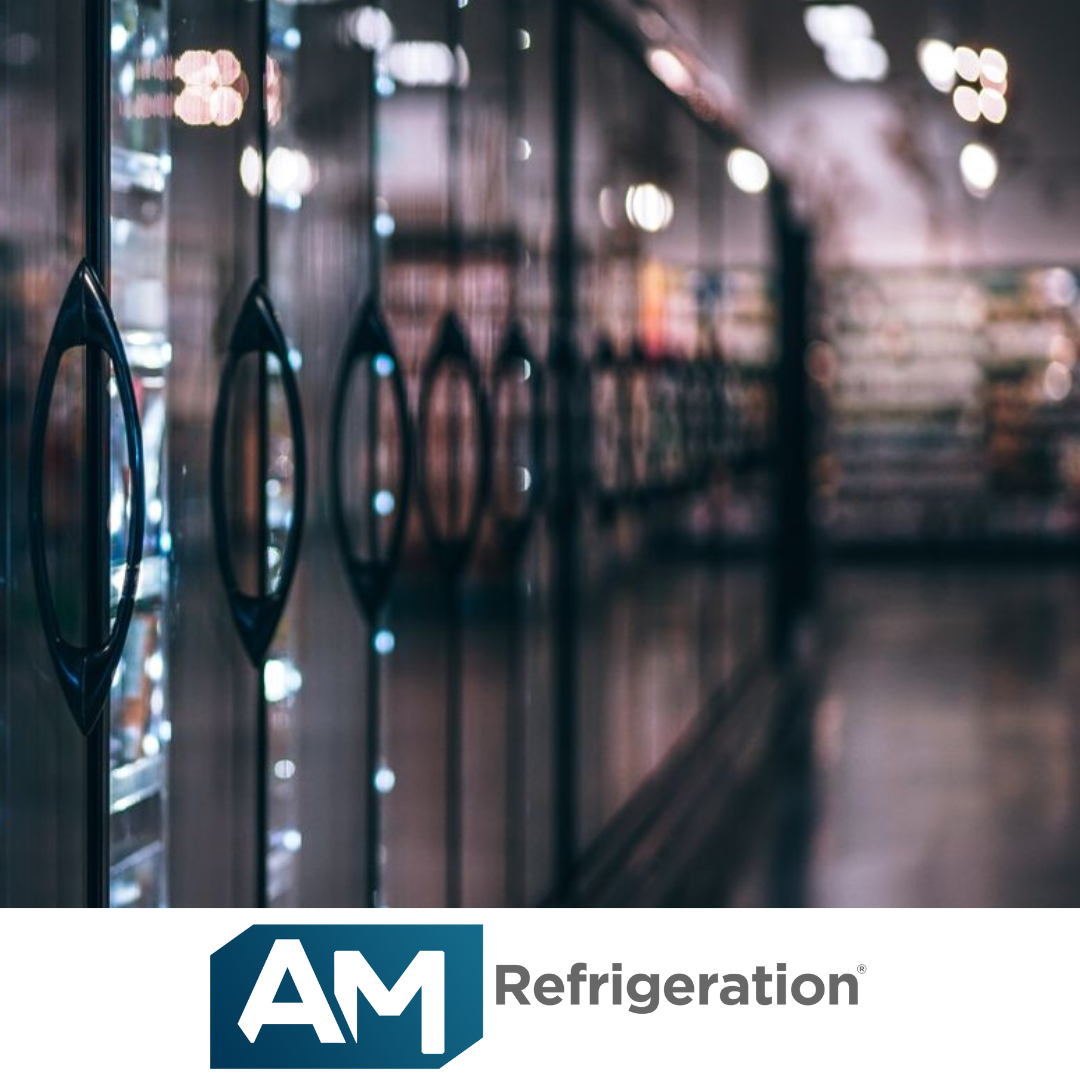Call us sooner than later!

Grocery stores across the United States are facing a deadline to phase out hydrofluorocarbon (HFC) refrigerants. HFCs are greenhouse gases that contribute to climate change, and the Environmental Protection Agency (EPA) is phasing them down in accordance with the Kigali Amendment to the Montreal Protocol.
The deadline for phasing out HFCs in new refrigeration equipment is January 1, 2025. After that date, only equipment that uses alternative refrigerants with lower global warming potential (GWP) will be allowed to be sold or installed. Grocery stores that do not comply with the EPA's regulations could face fines of up to $37,500 per day. They could also be held liable for any damages caused by refrigerant leaks.
There are a number of alternative refrigerants that grocery stores can use to replace HFCs. Some of the most common options include ammonia, carbon dioxide, propane, and isobutane. Ammonia is a natural refrigerant that is highly efficient and has a very low GWP. However, it is also flammable and toxic, so it must be handled with care. Carbon dioxide is another natural refrigerant that is non-flammable and non-toxic. It is also very efficient, but it can be more expensive than other alternatives. Propane and isobutane are hydrocarbon refrigerants that are also very efficient. However, they are flammable, so they must be used in carefully designed systems.
Grocery stores that are considering phasing out HFC refrigerants should work with a qualified refrigeration contractor to assess their options and choose the best solution for their needs.
The transition to alternative refrigerants can be a challenge, but it is a necessary step to protect the environment. Grocery stores that take action now will be ahead of the curve and avoid the penalties that could be imposed by the EPA.
Here are some additional things to consider when phasing out HFC refrigerants:
- The cost of the new refrigerants and equipment.
- The availability of qualified technicians to install and maintain the new systems.
- The impact on the store's operations, such as the need to shut down equipment for maintenance or repairs.
- The potential for leaks and other problems with the new systems.
Grocery stores that carefully consider all of these factors will be in the best position to successfully phase out HFC refrigerants and comply with the EPA's regulations.
BROWSE OUR WEBSITE
CONTACT INFORMATION
4418 Tetons Drive El Paso, TX 79904
